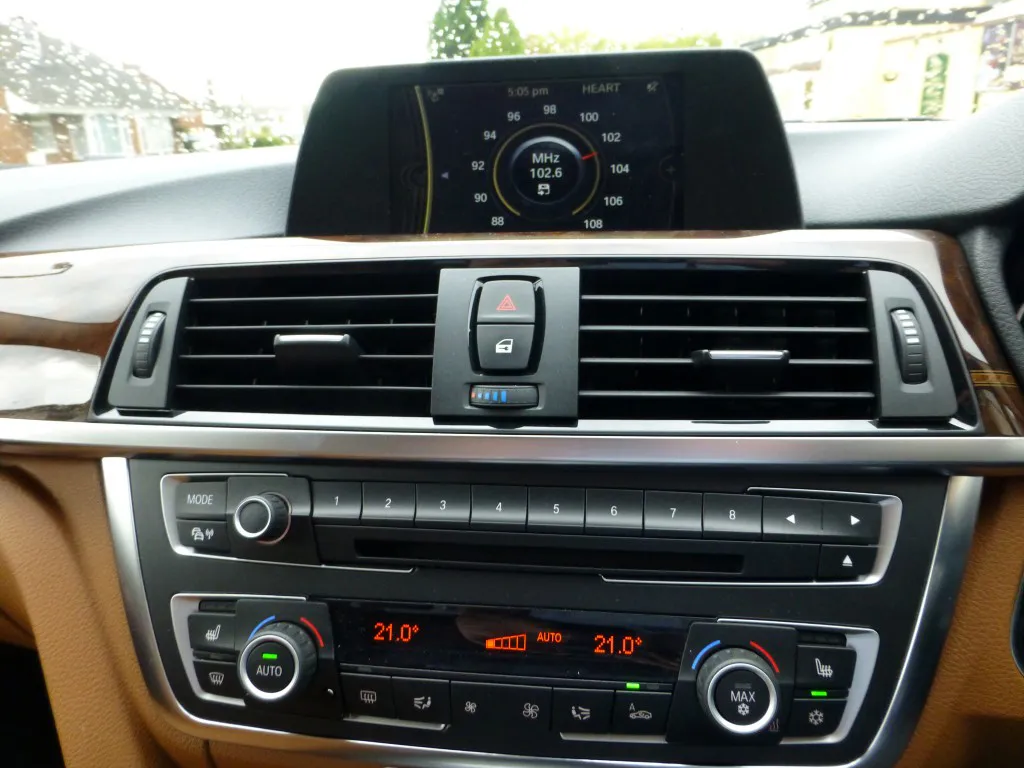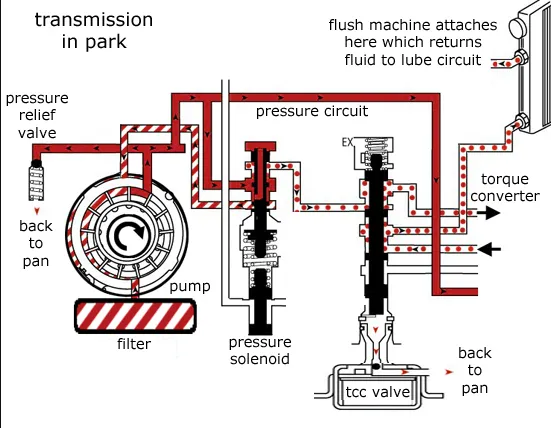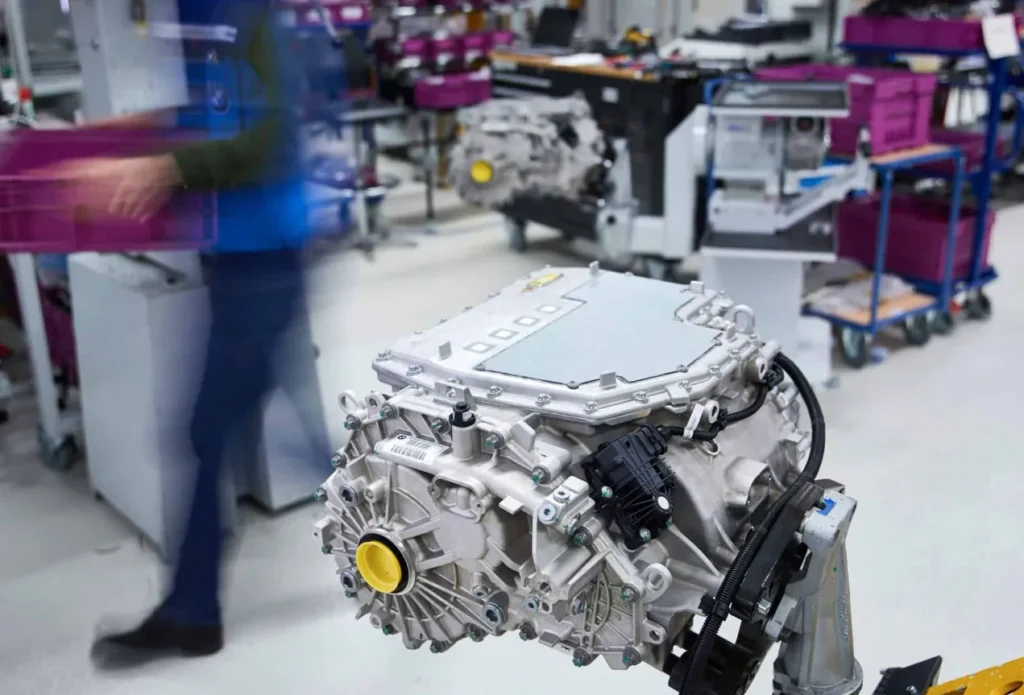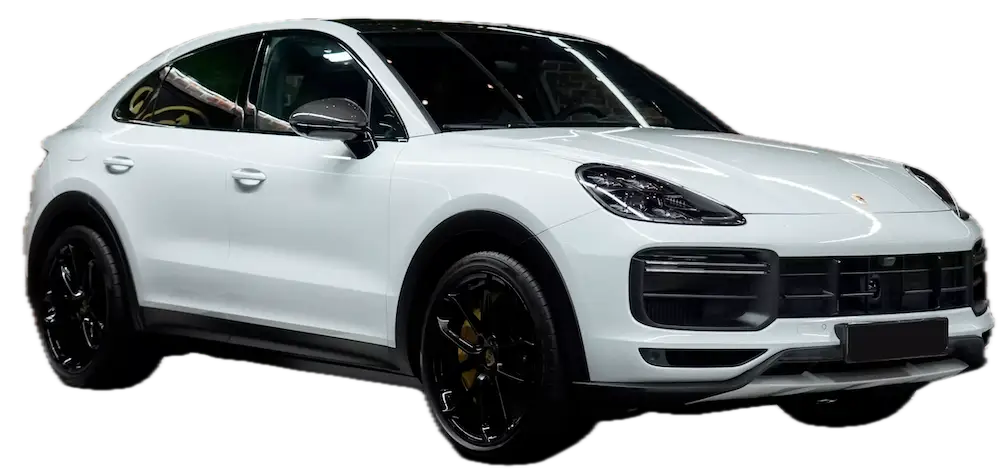
European Car AC Systems:
Why They Struggle in Dallas Heat
If you’ve ever experienced your European luxury vehicle’s air conditioning system struggling to keep up during a scorching Dallas summer, you’re not alone. While European vehicles are renowned for their performance, engineering, and sophistication, their climate control systems face unique challenges in the extreme Texas heat. As a team of Dallas’ top European automotive specialists, we’ve seen firsthand how the region’s climate affects these precision-engineered cooling systems.Understanding why European vehicle AC systems perform differently in Dallas heat is crucial for proper maintenance and avoiding uncomfortable breakdowns during the hottest months. This comprehensive guide explores the engineering differences, common failure points, and specialized maintenance requirements that affect European climate control performance in North Texas.
Engineering Differences: European vs. American AC Systems
European automotive air conditioning systems are designed with fundamentally different engineering philosophies compared to their American counterparts, reflecting both regional climate differences and regulatory environments.
According to automotive climate system engineering data, European vehicles are typically designed to handle temperature differentials of 15-20°C (27-36°F), while American systems are built to manage differentials of up to 30°C (54°F). This design difference becomes critical when Dallas temperatures exceed 100°F (38°C).
Refrigerant Type and Environmental Regulations
European manufacturers were quick to transition away from R-134a refrigerant to the more environmentally friendly R-1234yf, often years before American manufacturers made similar changes. While better for the environment, this newer refrigerant:
- Has approximately 10% less cooling capacity than R-134a
- Operates at higher pressures, putting additional stress on system components
- Requires different handling procedures and specialized equipment for service
- Performs less efficiently in extreme heat conditions like those experienced in Dallas
This means that BMW, Audi, and Mercedes vehicles with newer refrigerant systems may require more frequent service and specialized maintenance when operating in Dallas’s climate compared to domestic vehicles still using R-134a.
Compressor Design and Duty Cycle
European AC compressors are typically engineered for:
- Variable displacement operation to maximize efficiency
- Quieter operation with less power consumption
- Intermittent duty cycles rather than continuous operation
While these design choices make perfect sense in the moderate European climate, they create significant stress when the system is forced to run continuously during Dallas summers. The result is compressors operating well beyond their intended duty cycle, leading to premature wear and failure.
Electronic Control Integration
European climate control systems feature highly integrated electronic controls that are more sophisticated than those typically found in American vehicles. A Mercedes-Benz, for example, may have climate sensors throughout the cabin that constantly adjust the system based on occupancy, sun load, and cabin temperature.
While this creates superior comfort in moderate temperatures, these complex systems rely on numerous sensors and control modules that are vulnerable to Dallas heat extremes. The failure of even a single ambient temperature sensor can cause the entire system to malfunction.
How Dallas Climate Affects European AC Systems
Extended Running Time
In North Texas, where summer temperatures regularly exceed 100°F for weeks at a time, European AC systems are forced to operate for extended periods at maximum capacity. This continuous high-output operation causes:
- Accelerated wear on compressor bearings and seals
- Increased stress on electrical components
- Higher oil circulation temperatures
- Faster degradation of refrigerant
Condenser Efficiency Losses
European vehicle condensers are often designed with less surface area than their American counterparts, assuming lower ambient temperatures for heat rejection. When Dallas ambient temperatures reach 95-105°F:
- Condenser heat rejection efficiency drops by 25-30%
- System pressure increases beyond normal operating range
- Refrigerant temperatures exceed optimal range
- High-pressure cutoff switches may temporarily disable the system
Think of your European vehicle’s AC system like an athlete trained for a marathon in cool weather suddenly competing in desert conditions. While the system is engineered for excellence, it’s operating outside its design parameters in Dallas heat, requiring specialized care and maintenance to perform reliably. Our comprehensive services are designed to address these unique challenges.
Thermal Load Calculations
European manufacturers design climate control systems based on the thermal loads typical in European regions. Dallas presents a significantly different challenge:
| Climate Factor | European Design Parameters | Dallas Reality |
|---|---|---|
| Average Summer High | 75-85°F (24-29°C) | 95-105°F (35-40°C) |
| Peak Temperature Duration | Hours | Weeks |
| Solar Load | Moderate | Extreme |
| Humidity Considerations | High priority | Secondary to temperature |
These differences mean that European vehicle climate control systems in Dallas are consistently operating at 120-140% of their designed capacity—far beyond what the engineers anticipated for normal operation.
Common Failure Points in European AC Systems During Dallas Summers
Based on our extensive experience providing AC repair services for European vehicles in Dallas, we’ve identified the following common failure points that are directly related to our extreme climate:
Compressor Failures
The heart of any AC system, the compressor, is particularly vulnerable in European vehicles operating in Dallas:
- Electronic Clutch Burnout: Mercedes-Benz and BMW models often experience electronic clutch failures due to excessive cycling in stop-and-go Dallas traffic combined with heat.
- Shaft Seal Leaks: The extreme temperature differential between the interior compressor components and the engine bay causes accelerated seal deterioration.
- Internal Valve Failures: Variable-displacement compressors commonly found in Audi and Volkswagen models can experience internal valve failures when operating continuously at maximum capacity.
Electronic Control Issues
European vehicles rely heavily on electronic climate control systems that are susceptible to Dallas heat:
- Blend Door Actuator Failures: Plastic components in these motors deteriorate faster in high heat.
- Ambient Temperature Sensor Inaccuracy: When exposed to prolonged extreme heat, these sensors can develop drift, causing the system to miscalculate cooling needs.
- Control Module Overheating: Climate control modules in vehicles like Porsche and high-end BMW models can experience electronic component failure when subjected to repeated heat cycles.
Refrigerant System Issues
The sealed refrigerant system in European vehicles faces unique challenges in Dallas heat:
- Accelerated Refrigerant Loss: Higher system pressures in extreme heat force more refrigerant past seals and connection points.
- Condenser Damage: The thin, lightweight condensers found in European vehicles are more prone to damage from road debris and insects, issues exacerbated during Dallas summer driving.
- Expansion Valve Clogging: Higher operating temperatures accelerate the breakdown of lubricating oil, leading to clogging in the precision expansion valves used in European systems.
Specialized Maintenance for European Vehicle AC in Dallas Climate
Maintaining optimal cooling performance from your European vehicle in Dallas requires specialized maintenance protocols that go beyond standard service intervals. Our comprehensive warranty covers many of these essential services.
Pre-Summer Preparation
Before the Dallas heat reaches its peak, European vehicles benefit from:
- System Pressure Testing: Identifying small leaks before they become major issues during constant summer operation
- Condenser Cleaning: Removing debris and ensuring maximum airflow through the condensers and radiators
- Refrigerant Performance Check: Verifying optimal refrigerant charge and purity before the system is stressed
- Electronic System Diagnostic Scan: Checking for early warning signs of sensor or actuator issues
Modified Service Intervals
European vehicle manufacturers typically recommend AC system service every 2-3 years. In the Dallas climate, we recommend:
- Annual system performance testing and evaluation
- Refrigerant service every 18-24 months rather than 2-3 years
- Cabin filter replacement twice annually rather than annually
- Condenser cleaning and inspection each spring
Cabin Filter Considerations
European vehicles often use higher-grade cabin air filtration systems. In Dallas, these systems require special attention:
- Activated carbon filters trap more pollutants but restrict airflow when clogged
- Higher humidity and pollen in Dallas accelerates filter loading
- Restricted airflow forces the AC system to work harder, compounding heat-related stress
We recommend premium-quality cabin filters for European vehicles in Dallas, with more frequent replacement to maintain both air quality and cooling system efficiency. Many European manufacturers list cabin filter replacement at 15,000-20,000 miles, but in our Dallas climate, replacement every 7,500-10,000 miles significantly improves AC performance and prevents stress on the system. Regular maintenance services like oil changes are an excellent time to check and replace your cabin filter.
Model-Specific AC Challenges in Dallas Heat
Different European manufacturers implement varying climate control technologies, each with specific vulnerabilities in the Dallas environment:

BMW
Modern BMW models utilize highly integrated electronic climate control that presents specific challenges:
- Electric auxiliary water pumps that circulate coolant through the heater core often fail during extended AC operation
- Microfilter housing design makes replacement more critical but also more technically demanding
- Temperature control flap motors commonly fail when operating in extreme temperatures

Audi and Volkswagen
The Volkswagen Auto Group vehicles share many AC components with specific issues in Dallas heat:
- Compressor control valves frequently stick in open positions during high-temperature operation
- Condensers are mounted in particularly vulnerable positions for road debris damage
- Refrigerant hoses use specialized connections that are more prone to leakage in heat cycles. For VW owners, learn about common EPC light issues.

Mercedes-Benz
Mercedes climate systems are renowned for their sophistication but face specific issues in Dallas:
- Multi-zone climate systems require precise calibration that can drift in high heat
- Early R-1234yf adoption means more Mercedes vehicles are operating with this less efficient refrigerant
- Evaporator temperature sensors frequently develop inaccuracies in extended high-heat operation. Learn more about Mercedes maintenance.

Porsche
Performance-oriented Porsche climate systems face unique challenges:
- Compact engine compartments create higher ambient temperatures around AC components
- High-performance driving in Dallas heat pushes cooling systems to their limits
- Sophisticated air distribution systems require precise electronic control that can be affected by heat. Read more about Porsche maintenance.
Advanced Climate Control Diagnostics for European Vehicles
Properly diagnosing European climate control issues requires specialized equipment and expertise beyond what’s typically available at general repair facilities. At our European auto repair facility, we utilize:
Manufacturer-Specific Diagnostic Systems
Generic OBD-II scanners cannot access the sophisticated climate control modules in European vehicles. We utilize systems like:
- BMW ISTA for complete climate control system access and coding
- Mercedes XENTRY for comprehensive sensor data and calibration
- VAG ODIS for complete Audi and Volkswagen climate system diagnosis
- Porsche PIWIS for performance-oriented climate control analysis
Thermal Imaging Technology
Our advanced diagnostic process includes thermal imaging to identify:
- Uneven condenser cooling indicating partial blockages
- Compressor hot spots suggesting internal mechanical issues
- Refrigerant flow restrictions in evaporator and expansion valves
- Electronic component overheating in control modules
Refrigerant Analysis
European vehicles are particularly sensitive to refrigerant quality issues. Our diagnostic process includes:
- Refrigerant purity testing to identify contamination
- Oil content analysis to ensure proper lubrication
- Moisture content measurement to prevent system damage
- Refrigerant identifier technology to verify correct refrigerant type
Preventative Strategies for European Vehicle AC Systems in Dallas
Based on our experience with thousands of European vehicles in the Dallas climate, we’ve developed these preventative recommendations:
Regular Operation
Even during mild seasons, European AC systems benefit from:
- Running the AC system for at least 10 minutes weekly, even in cooler months
- Activating the defrost mode monthly to circulate refrigerant through all system components
- Allowing the system to run on recirculation mode periodically to test all air distribution modes
Parking Strategies
Reducing the initial heat load on your European vehicle’s AC system can dramatically improve performance and longevity:
- Use windshield sunshades specifically designed for your European model
- Consider ceramic window tinting that blocks heat while complying with Texas regulations
- Park in shaded areas whenever possible, even if it means a slightly longer walk
- When first starting the vehicle, open windows briefly to vent the hottest air before engaging the AC
Early Warning Signs
European climate control systems often provide subtle indications of developing issues. Watch for:
- Slight changes in airflow from specific vents, indicating early blend door or actuator issues
- Brief temperature fluctuations that quickly return to normal
- Unusual fan speed changes during steady-state operation
- New or unusual sounds when the climate control system changes modes
Addressing these subtle indicators early can prevent complete system failure during the hottest days. Our European specialists can identify these early warning signs and implement preventative measures before they develop into major repairs. Regular battery service is also recommended as power issues can affect climate control performance.
Expert European Vehicle Climate Control Services for Dallas Heat
Our specialized knowledge of European vehicle AC systems allows us to identify and resolve issues that other shops might miss. From preventative maintenance to complex electronic diagnostics, our team provides comprehensive climate control solutions for European luxury vehicles. Serving Paradise, TX and the greater Dallas area with expert AC repair services.
Schedule AC Service TodayQuick Contact
Now!





